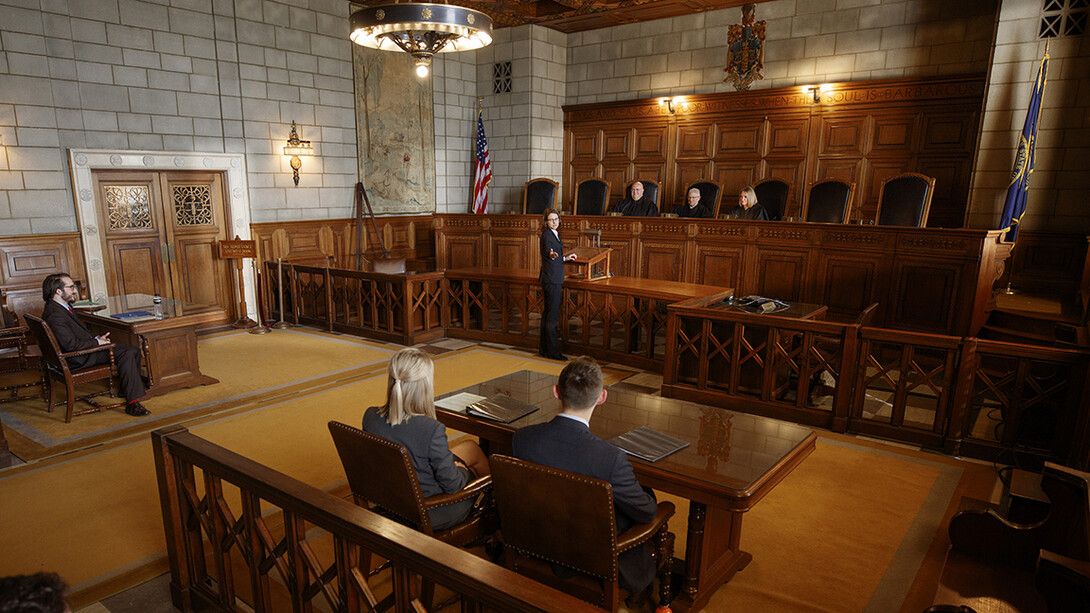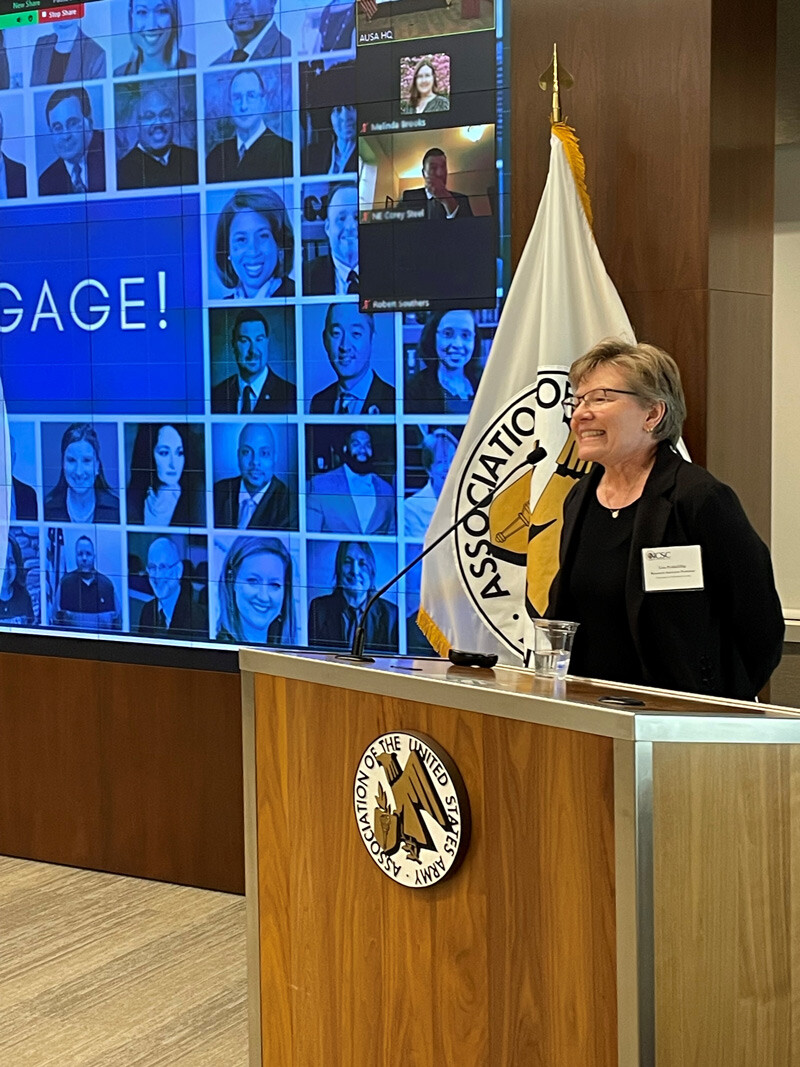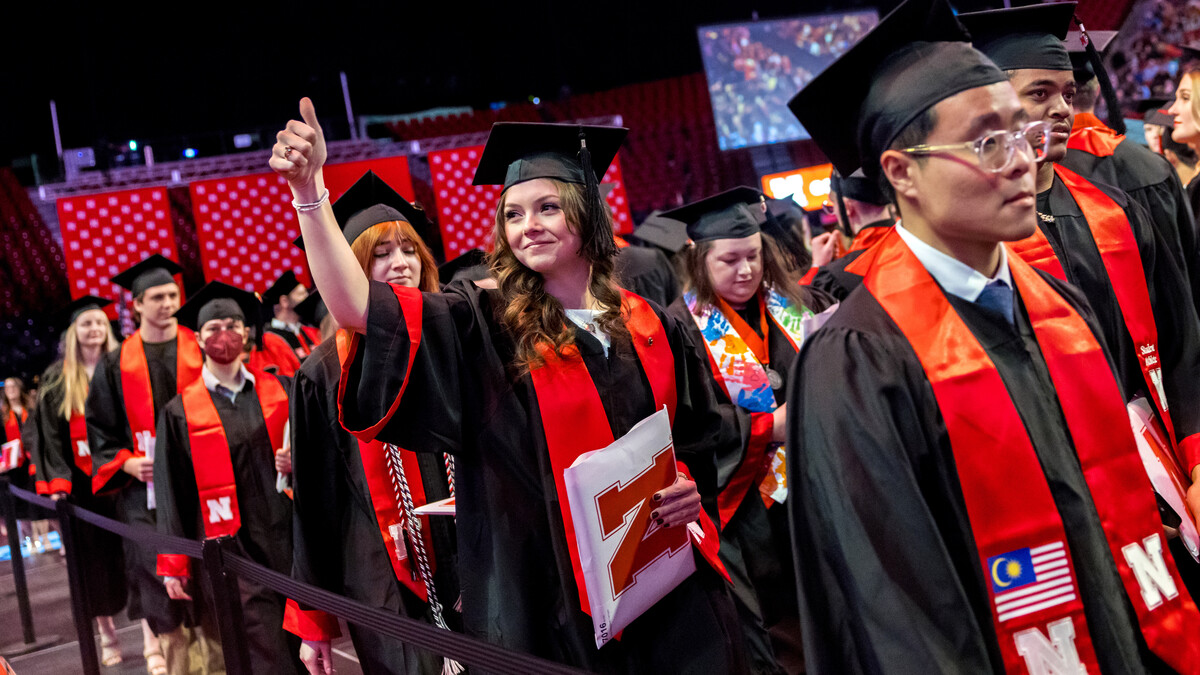
Two decisions made in different parts of the country five years ago are offering the prospect of greater public confidence in Nebraska’s courts.
In August 2018, Nebraska Supreme Court Chief Justice Mike Heavican convened representatives of Nebraska-based tribes, the state and the federal government at a roundtable where “frank discussions” highlighted the struggles and successes when different sovereigns interacted. The result was the formation of the Nebraska Consortium of Tribal, State and Federal Courts.
Also in 2018, the National Center for State Courts launched the Community Engagement in the State Courts Initiative. The initiative was created in response to the U.S. Department of Justice investigation of Ferguson, Missouri, after the 2014 shooting death of Michael Brown by a police officer and the series of protests that followed.
The goal of the initiative was to get closer to disadvantaged communities to help court officials find out what issues undermine the communities’ trust in courts.
The National Center for State Courts put out a call nationally for proposals for pilot projects to address disparities in trust in the courts. Nebraska’s proposal was among six selected as a pilot engagement project.
All the pilot grantees were required to work with the University of Nebraska Public Policy Center to develop their programs, including an evaluation component.
Each pilot site also was asked to provide their materials and work products to be shared here for use by the nation’s courts. The Public Policy Center has compiled a tool kit of materials used in the pilot programs, including invitations, agendas, icebreakers, scripts and questions to pose, and issues uncovered.
Nebraska’s pilot proposal aimed to build trust with the state’s Indigenous population and to foster better coordination with tribal courts.
Nebraska scheduled six engagement sessions around the state from November 2019 through September 2022. Attendees aired frustrations with state, federal and tribal courts and questioned the coordination of cases and jurisdictional issues on court order enforcement.
In every session, participants raised the Indian Child Welfare Act, signaling a need for continued education of judges, attorneys and state officials, said Corey Steel, Nebraska state court administrator. (The 1978 law governing jurisdiction over placement of Native American children removed from families was upheld by the United States Supreme Court on June 15.)
The Nebraska consortium, co-chaired by District Court Judge Andrea Miller and Winnebago Tribal Court Chief Judge Patrick Runge, is using transcripts of the engagement sessions to determine other areas to address, Steel said.
Already, any education sessions the state holds will also be open to tribal courts and their staff, he said. Pamphlets are being produced to explain the differences in state, federal and tribal court jurisdictions.

Participants were recruited through existing state and tribal organizations as well as personal contacts via emails, texts and letters.
Organizers also had consulted about how to make the events culturally appropriate, PytlikZillig said. The sessions, for example, provided a meal and featured a community leader offering a prayer.
Knowing that it might not be easy for people to take 3.5 hours out of their day to share their experiences, participants were offered $50 gift cards if they attended and completed a survey.
Legal Aid of Nebraska also attended the sessions and stayed late to give free legal advice and information on who to call for future legal issues, Steel said.
Other pilot programs had different focuses and unique features. Franklin County, Ohio, engaged with a faith-based group. Kansas City, Missouri, was unique in its surveys of community members, including defendants, as they visited the courts. Texas used a novel recruitment strategy by inviting people called for jury duty to engage in discussions. Massachusetts explored opportunities for court and community solutions to substance addiction; and Puerto Rico held sessions with both youth and adult organizations and used World Café methods.
“All had things to celebrate and build on, and all had things other communities might learn from them,” PytlikZillig said.
She said some of the pilots, such as Kansas City and Texas, have had other courts approach them about their experiences.
“It’s been fruitful enough that we saw the need in other areas,” Steel said. “We have a lot of ideas the other (pilot) groups worked on.”
Others, during a mid-May final meeting of the pilot groups, urged continued use of engagement sessions to learn about biases and disparities in courts.
“This can’t be a moment in time — this must be a movement in time,” said Dr. Charles Barber, the chief diversity and inclusion officer for the National Science Foundation.
Learn more about the Toolkit, which was created via a collaboration involving the National Center for State Courts, the University of Nebraska Public Policy Center, researchers from Michigan State University, and six pilot teams.







